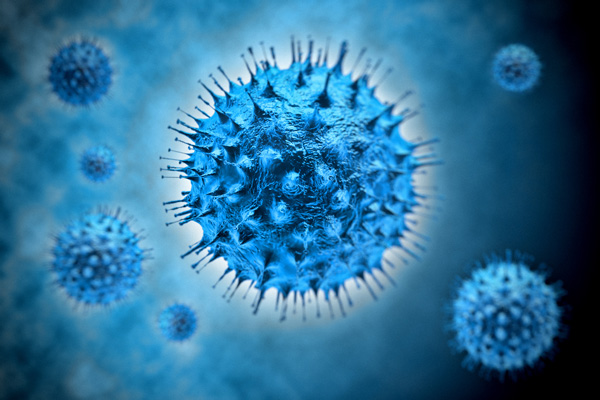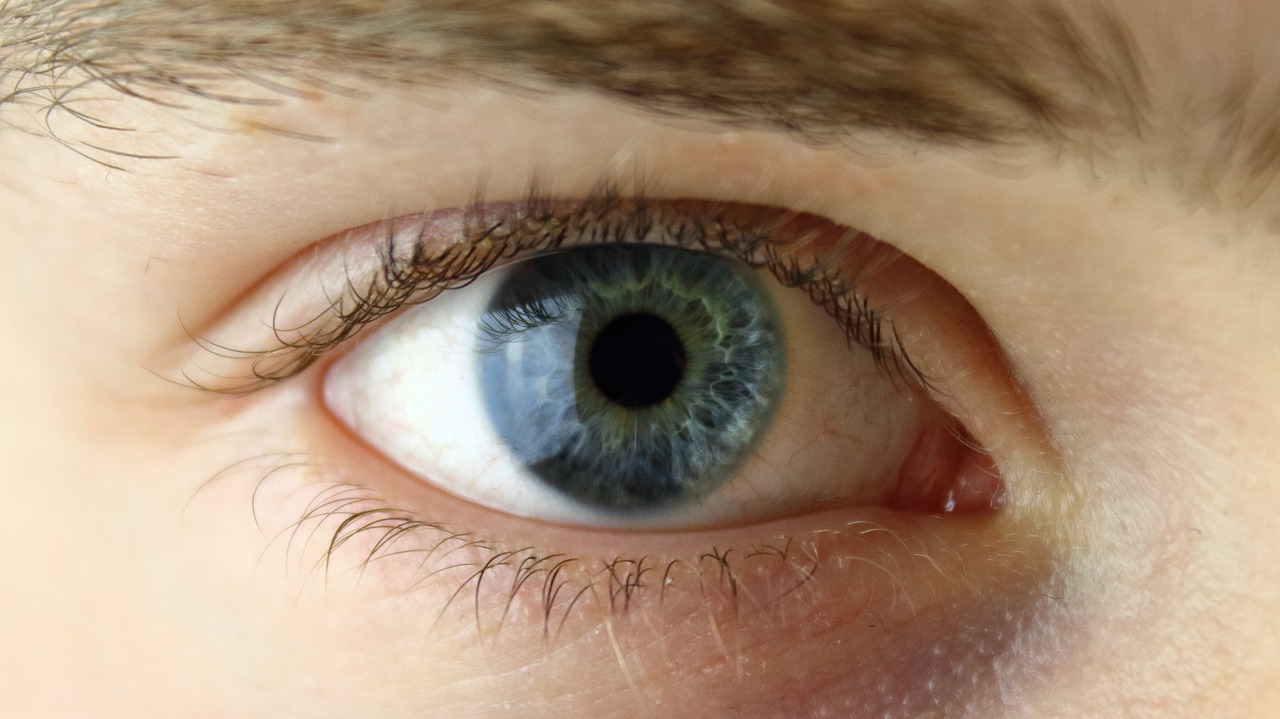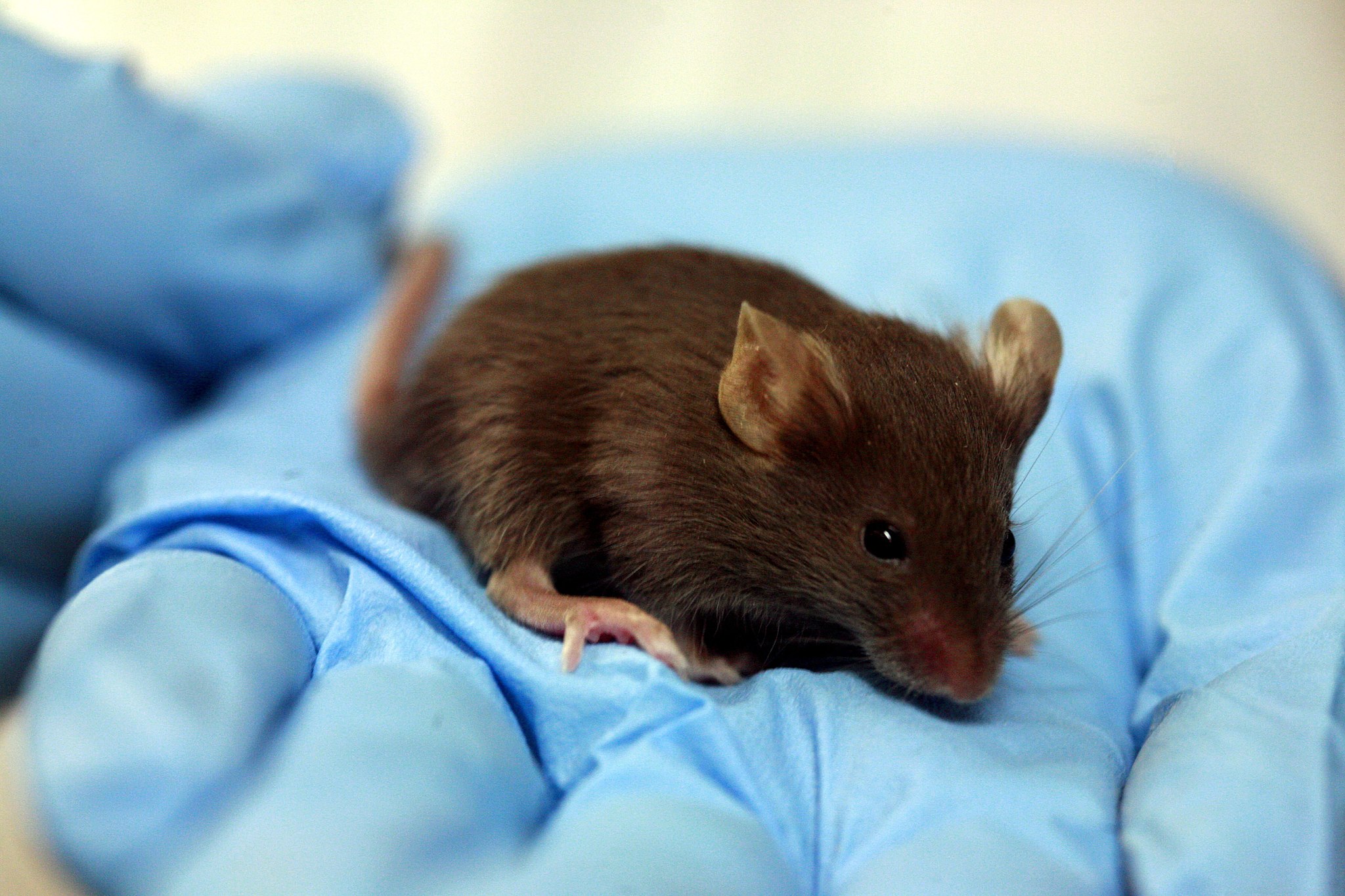Scientists are constantly searching for new strategies to fight cancer. But sometimes, it’s not about finding a brand-new treatment, but modifying existing forms of treatment to make them more effective.
At the Institut Pasteur in Paris, France, scientists from the viral genomics and vaccination unit have developed new technologies to create a more potent anti-cancer drug. They entered an exclusive licensing agreement with its spin-off company, Oncovita, earlier this week.
Oncolytic viruses are specifically designed to ‘infect’ cancer cells while leaving healthy cells unharmed. This strategy not only directly kills cancer cells, but it can evoke a patient’s own immunity against the tumor. These types of treatment are classified as immunotherapies, as are CAR T cell therapy and antibodies against cancer antigens.
RELATED VITALS: 4 Key Considerations for Designing Immuno-Oncology Trials
Oncovita, founded by Director of the Viral Genomics and Vaccination Unit at Institut Pasteur, Dr. Frederic Tangy, focuses on the live-attenuated measles virus to develop powerful oncolytic drugs.
“[Oncolytic viruses] as anti-cancer therapies gather more and more interest by recognized research centers as well as by the oncology medical community. We have already demonstrated the efficacy of our first candidate (MVP 06-01) in many in vitro and in vivo non-clinical models of various types of solid tumors,” said Dr. Tangy. “Some tolerance and efficacy clinical results obtained at the Mayo Clinic are also very promising with another measles virus, demonstrating its possible use to treat some cancers.”
The licensed technology developed by Institut Pasteur is based on changes to the measles viral genome which increases the anti-tumor properties of the vaccine. Certain strains of the measles virus are inherently oncolytic, while other strains have been modified to express genes that code for cancer-targeting proteins.
“We are particularly pleased that the major advances achieved by the viral genomics and vaccination unit have resulted in the creation of a new French biotech company,” said Isabelle Buckle, Executive Vice President of the Technology Transfer and Industrial Partnership at Institut Pasteur. “We will continue to support this project, which looks very promising.”
The licensing agreement will allow the French biotech to develop, manufacture and commercialize therapies using the viral platform. According to a recent report by Research and Markets, there are at least 113 oncolytic virus drugs in development for over 40 different cancer targets.












Join or login to leave a comment
JOIN LOGIN